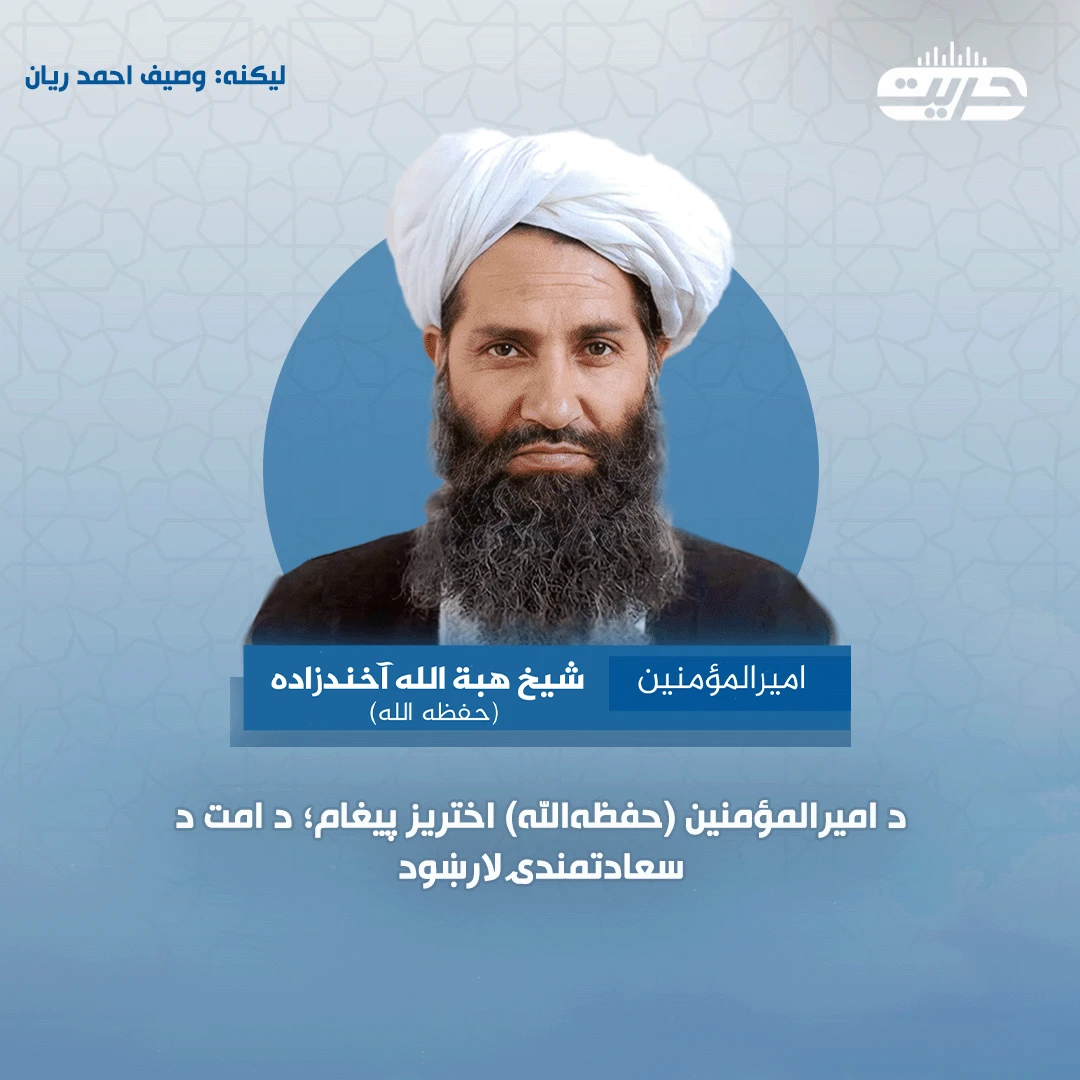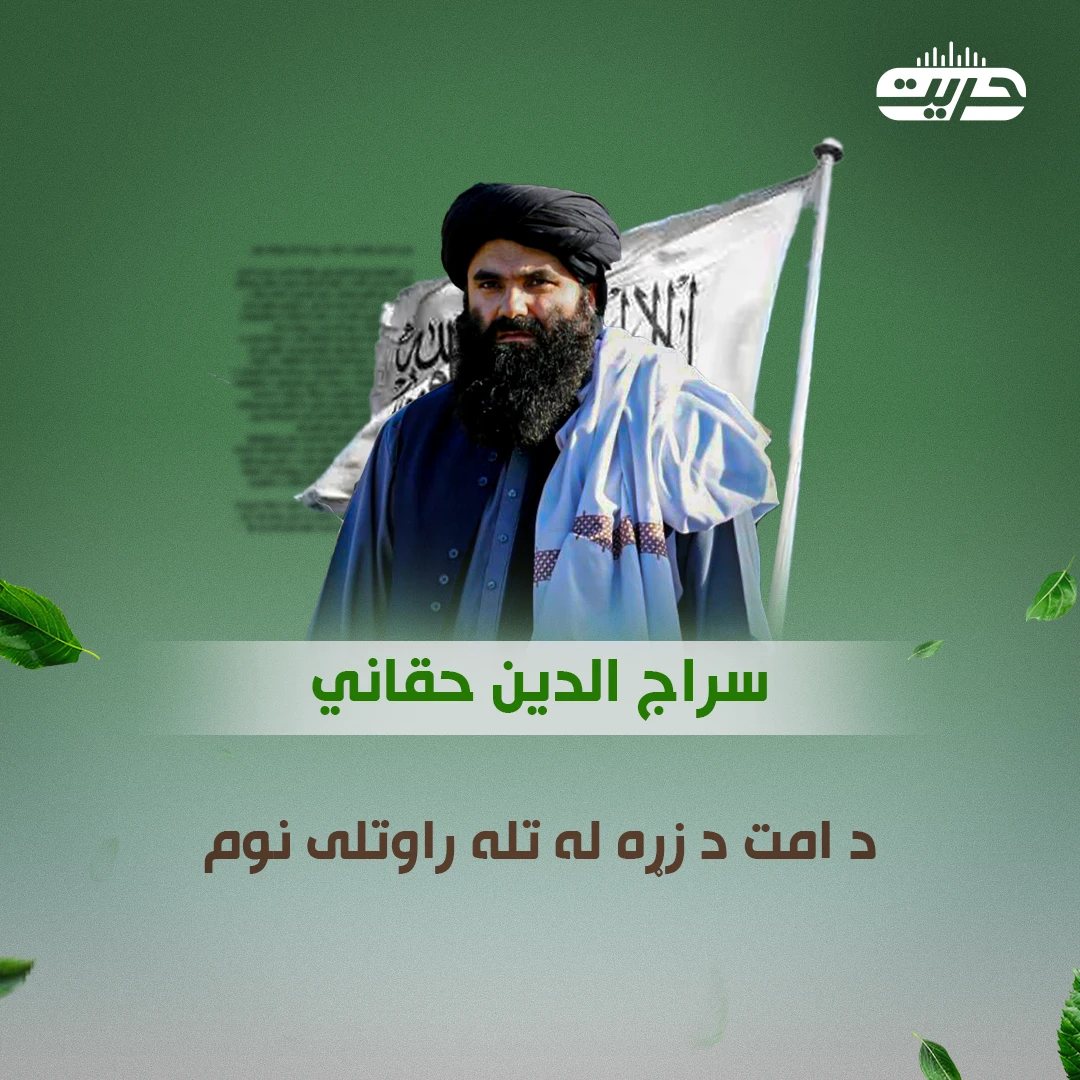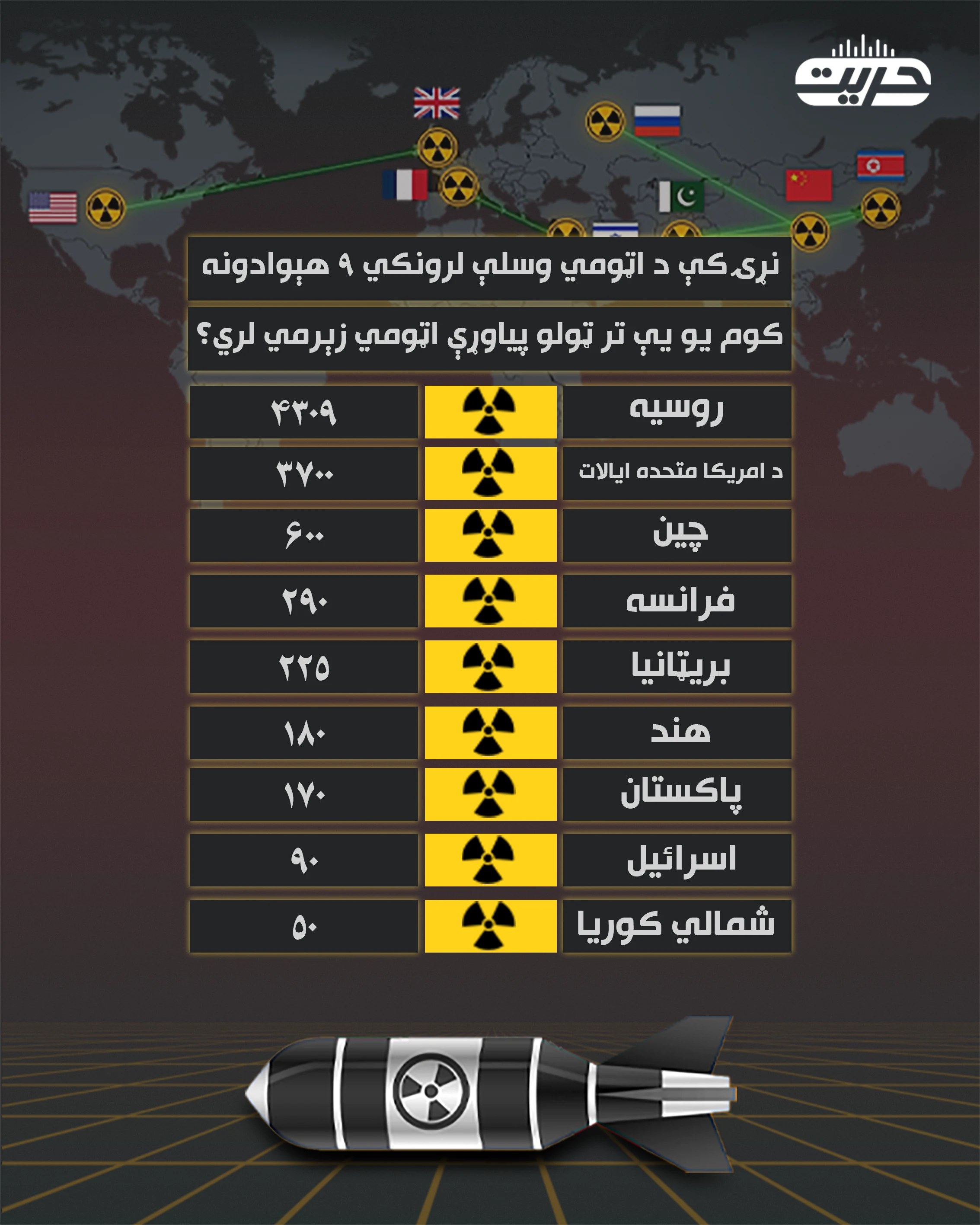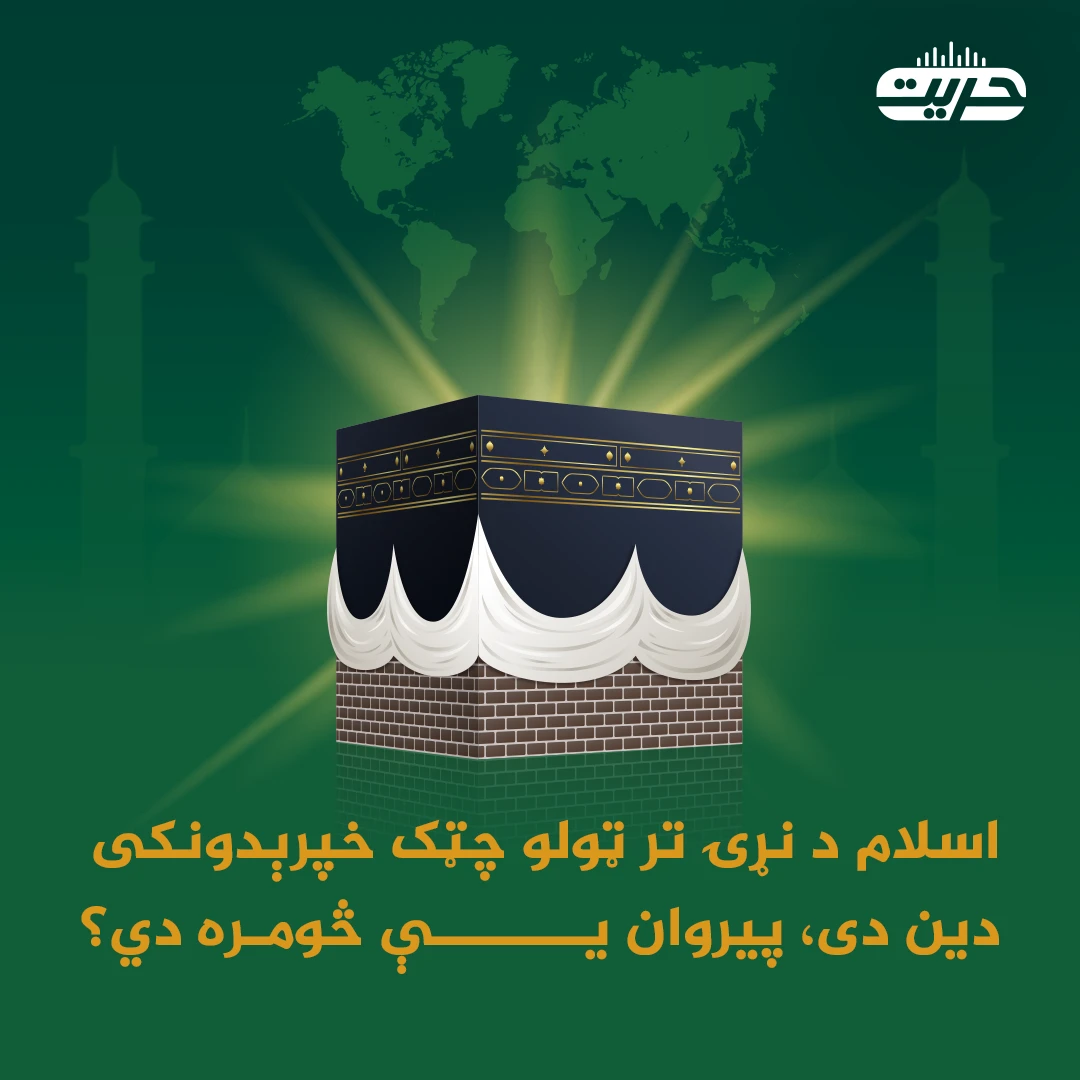Who was Hassan Nasrallah?
Who was Hassan Nasrallah, the leader of the Hezbollah group, who was targeted by the Israelis?
Hassan Nasrallah served as the third Secretary General of the Lebanese Hezbollah. Born in 1960, he assumed leadership of Hezbollah on February 16, 1992, succeeding the late General Secretary Abbas Mousavi, who was killed in an Israeli missile strike.
Nasrallah received his education in Shia religious institutions across Lebanon, Iraq, and Iran. He gained significant renown when Hezbollah reclaimed southern Lebanon from Israeli forces in 2000, distinguishing himself as a prominent leader.
His popularity further surged through successful prisoner exchanges with the Israeli forces. However, Hezbollah's backing of Bashar al-Assad's oppressive regime in Syria led to a decline in its favor and sparked opposition.
Hezbollah, in conjunction with other Iranian-backed factions, engaged in the Syrian conflict against rebel and jihadist groups, perpetrating brutal acts in various Syrian locales and contributing to the displacement of millions of Syrians. Subsequently, Hezbollah, particularly under the leadership of Hassan Nasrallah, faced intense criticism.
Nasrallah's name resurfaced in connection with Palestine following the Al-Aqsa uprising on October 7 of the preceding year. In response to prolonged atrocities and the ensuing Israeli assaults on Gaza, which have resulted in the loss of thousands of innocent Palestinian lives over nearly a year, Nasrallah declared the opening of a front in southern Lebanon to aid the Palestinian resistance and halt the aggression on Gaza. However, Hezbollah's response was met with criticism, with many believing that the group could have reacted more decisively and engaged more extensively in the conflict.
Hassan Abd al-Karim Nasrallah was born on August 31, 1960, in Al-Bazoriya village near the city of Tyre in southern Lebanon. His father, Abd al-Karim Nasrallah, his mother, Nahdia Safiuddin, three brothers, and six sisters, as well as his children, form his immediate family.
Tragically, his eldest son, Hadi, lost his life in 1997 during clashes in the Jabal al-Rafi' area in southern Lebanon at the hands of the Israeli military. Hadi's remains were held by the Israelis until 1998 when they were returned to Lebanon as part of an exchange that involved 40 Lebanese martyrs and captives.
Political life:
In his early political career, during his secondary schooling, he affiliated with the Shia organization known as Amal. Despite his youth, he rose to lead this organization in Al-Bazuriya village. After pursuing further education in Iraq, he continued his political and organizational endeavors. By 1979, he was designated as the political officer for the Bekaa region and a member of the organization's political office.
The year 1982 marked a turning point as he parted ways with Amal, along with several other officials, citing disagreements over Israel's incursion into Lebanon. Subsequently, he transitioned to Hezbollah, assuming responsibility for the Bekaa region. His duties encompassed the recruitment of activists and the coordination of military units.
By 1985, he relocated to Beirut, Lebanon's capital, where he initially served as the deputy head of the region. Later, he ascended to the role of general manager of Beirut, eventually becoming the general executive manager of the council. Charged with executing decisions, he eventually rose to the position of Secretary General or leader of the Hezbollah group in 1992.
Leadership of Hezbollah:
Following the assassination of former leader Abbas al-Mousavi by Israel, on February 16, 1992, Hassan Nasrallah was appointed as Hezbollah's Secretary General, despite not holding the position of deputy general secretary and being the youngest council member. His selection for this role was a unanimous decision by the council.
Under Nasrallah's leadership, Hezbollah conducted strategic military operations against Israel, leading to the Israeli withdrawal from southern Lebanon in 2000 after a 22-year occupation.
In 2004, Nasrallah played a pivotal role in orchestrating a significant prisoner exchange between Hezbollah and the Israeli occupation regime, considered one of the largest exchanges between the two parties. This exchange not only resulted in the liberation of Lebanese prisoners but also included the release of numerous Syrian, Libyan, Moroccan, and Palestinian captives.
During the 2006 July War, a conflict that endured for 33 days, Nasrallah's prominence surged as Israel faced substantial losses and eventually retreated from southern Lebanon without fulfilling its objectives.
Throughout confrontations with Israel and participation in extensive conflicts, Hassan Nasrallah garnered significant renown and widespread popularity in the Arab and Islamic realms for his resistance against Israel and opposition to Western influence in the Middle East.
However, his reputation faced scrutiny during the Arab Spring of 2011. While Nasrallah voiced support for uprisings across several Arab nations aimed at toppling existing political systems like those in Tunisia, Egypt, Libya, and Bahrain, his stance diverged concerning the Syrian protests. Nasrallah aligned with the brutal regime of Bashar al-Assad, supporting it against the oppressed Syrian populace. This stance culminated in Hezbollah's direct involvement in the Syrian conflict in 2013, backing the Assad regime against Syrian civilians.
Demise:
Yesterday, on Friday, September 27th, the Israeli occupying forces declared that they had struck the Hezbollah group's base in southern Lebanon, resulting in the demise of the Secretary General or leader of Hezbollah, Hassan Nasrallah, alongside other high-ranking figures.
Today, on September 28, Hezbollah confirmed the death of Hassan Nasrallah in this assault. The leadership of Hezbollah conveyed in a statement their commitment to "persist in the struggle against the adversary, provide backing to Gaza and Palestine, and endeavor to safeguard Lebanon."









